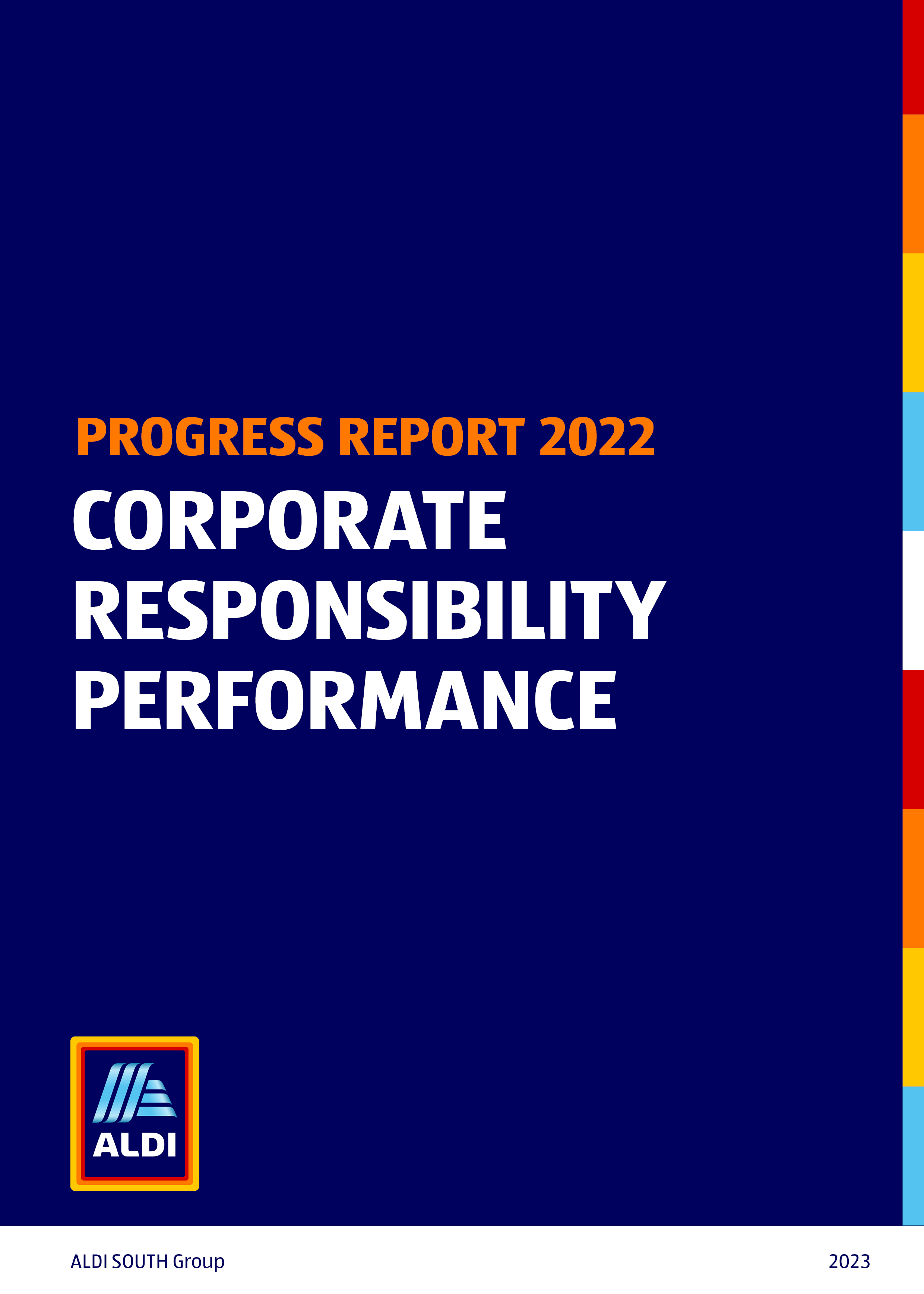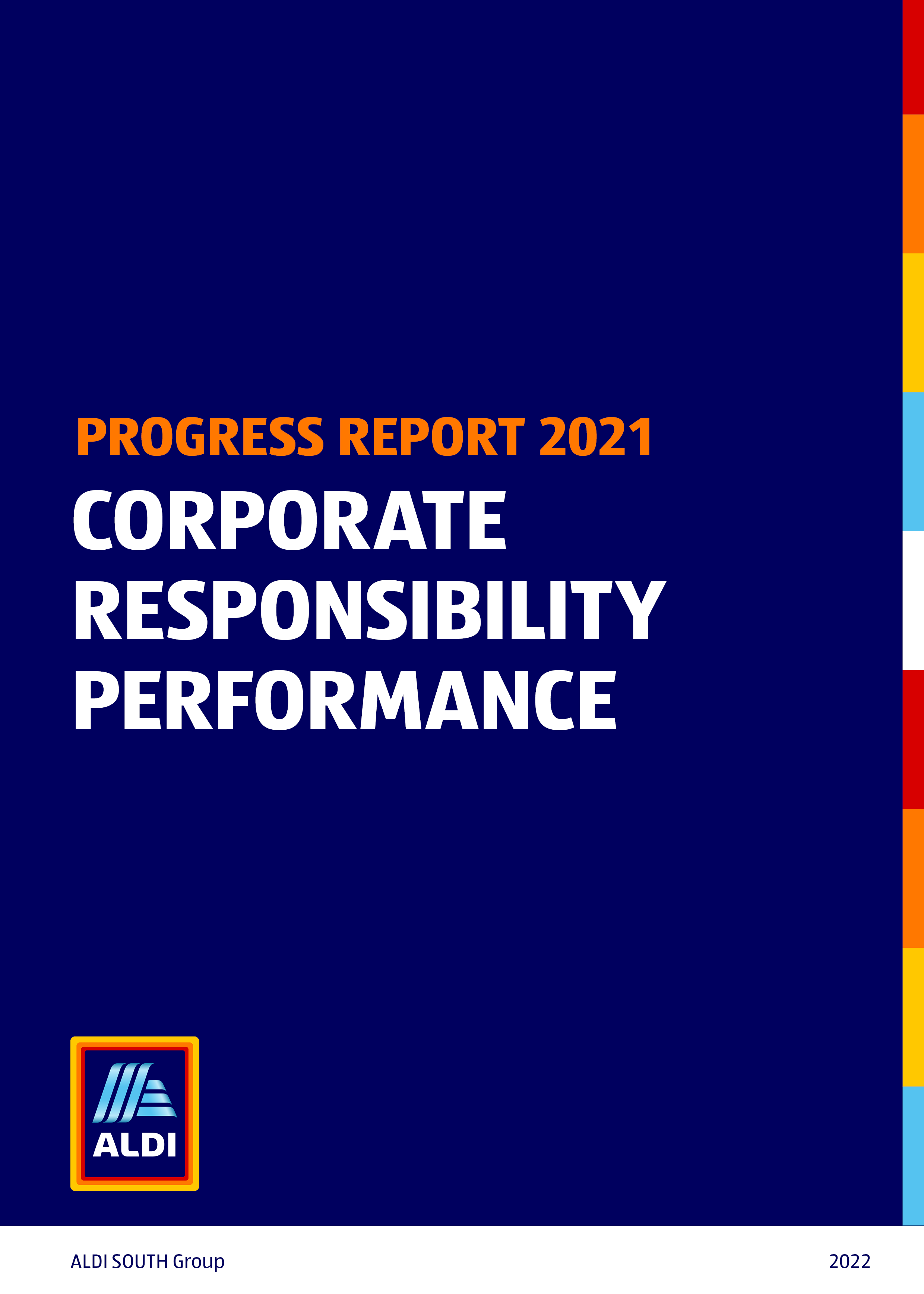Sustainability Progress
As a global retailer, we want to use our global buying power and market influence to create lasting change for a better future. By measuring our performance regularly, we can validate the effectiveness of our actions. It highlights the areas where we are already making strong progress and identifies the areas where further action is still required.
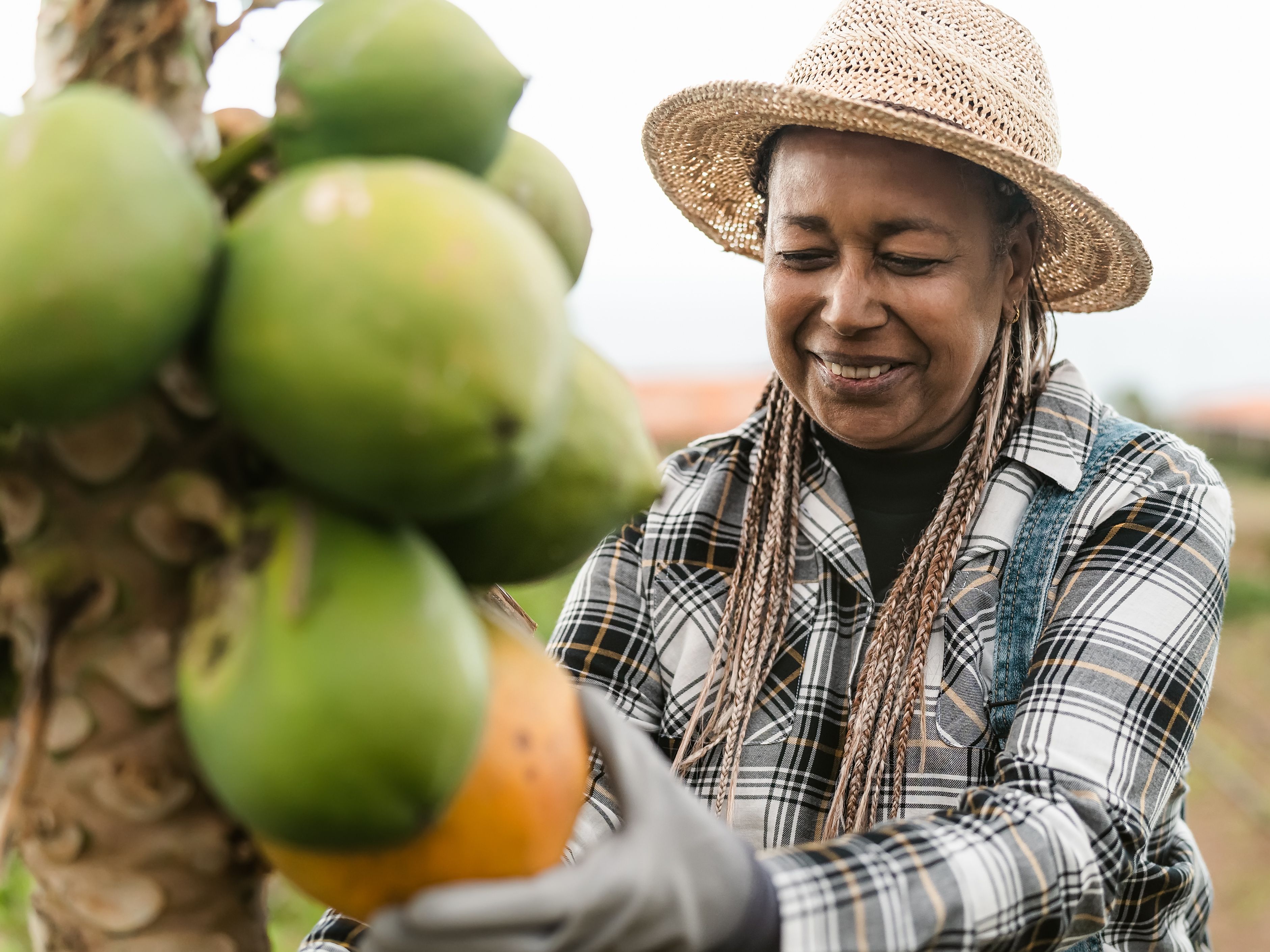
Human Rights
Human Rights are an important dimension of ALDI’s Global Sustainability Strategy, since the way we operate, purchase goods, and the business partners we choose could impact human rights across our own operations and supply chains.
* High Priority Commodity Groups: Tropical Fruit & Produce from Italy and Spain, Cocoa, Coffee, Fish & Seafood, Nuts, Garment Textiles, Shoes, Household Textiles, Toys. Progress measure is with reference to those HPCGs where CRSE was already rolled out in 2023.
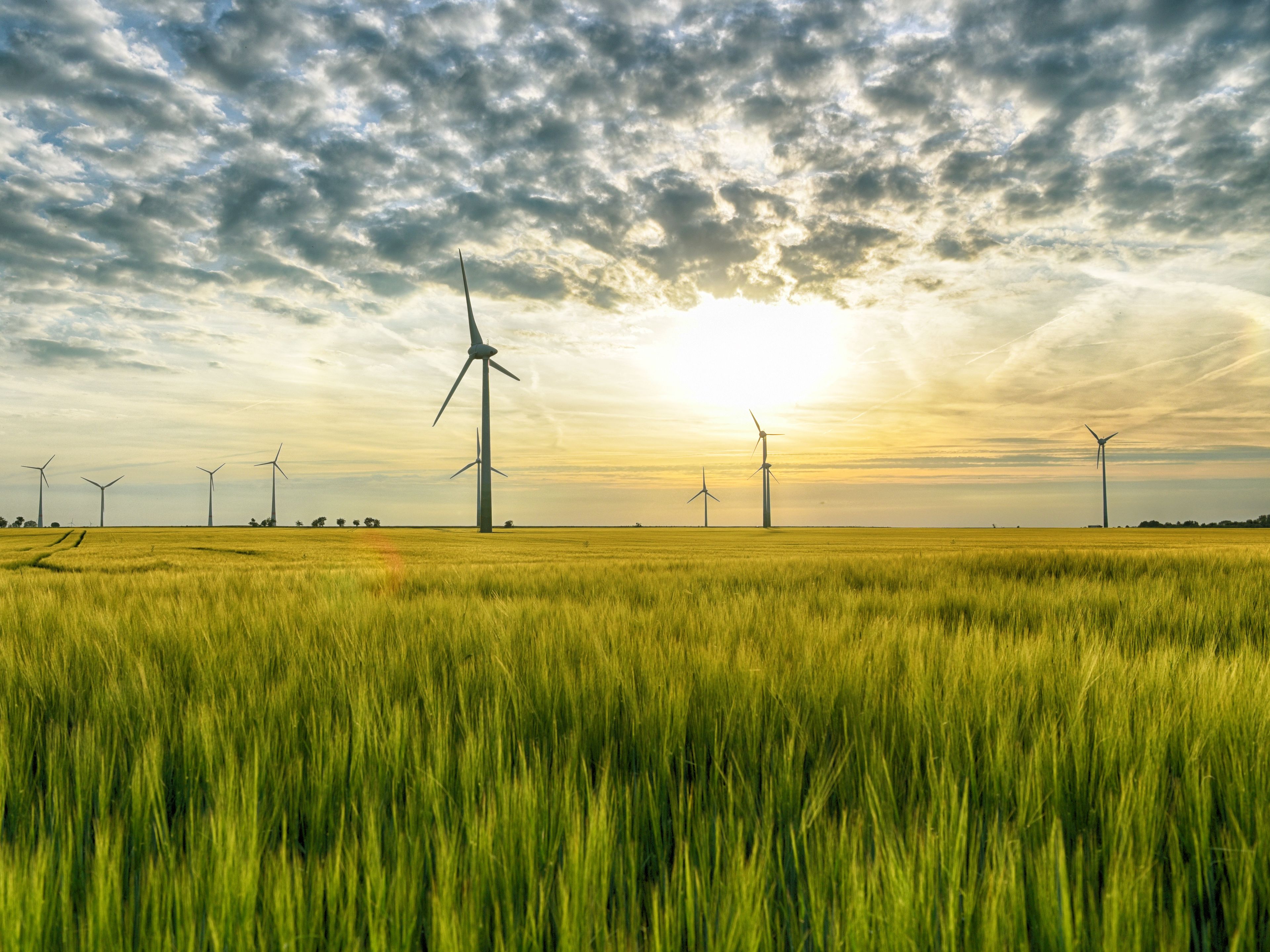
Climate, Agriculture, and Sustainable Products
We are aware that our business activities have a significant impact on the climate and the environment. The ALDI SOUTH Group is working towards net-zero by reducing carbon emissions in our own operations and along our supply chains.
Agriculture is one of the biggest drivers of biodiversity loss and a major contributor to greenhouse gas emissions. Our business is connected to many global food systems, that's why we have made environmental stewardship one of the cornerstones of our sustainability strategy.
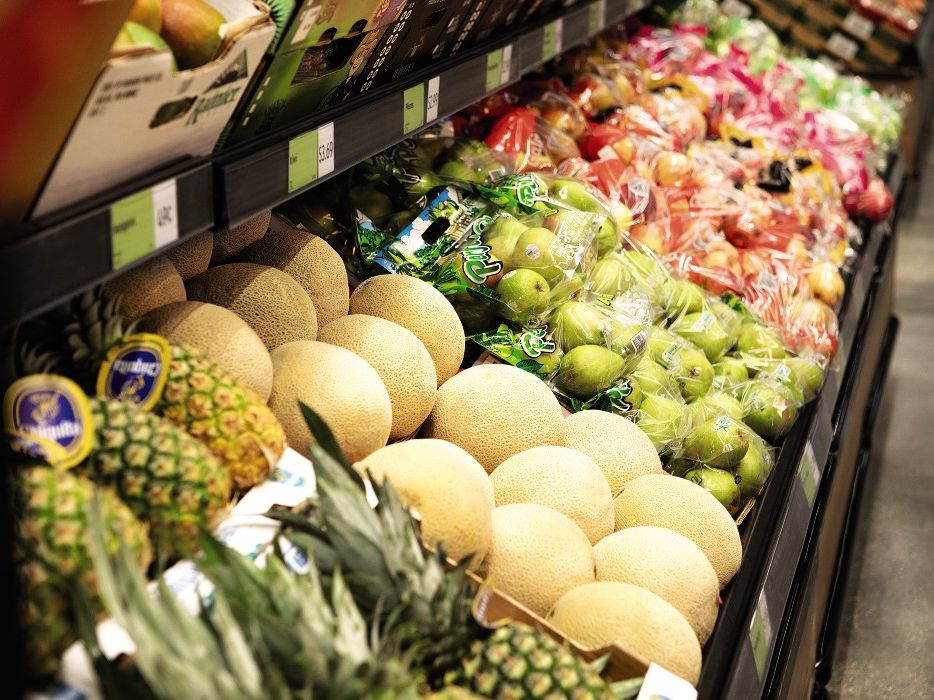
Food Waste
Food waste has a huge impact on our environment. Globally, it contributes as much to greenhouse gas emissions as road transportation. The ALDI SOUTH Group has set ambitious goals to reduce food waste to improve food security, address climate change, and protect our natural environment.
* Monitoring began in 2024; year-on-year comparisons available from 2025 onwards. ** Measured by weight (with packaging weight excluded from food waste). Scope: waste in own operations, i.e., all stores and warehouses of the ALDI SOUTH Group.
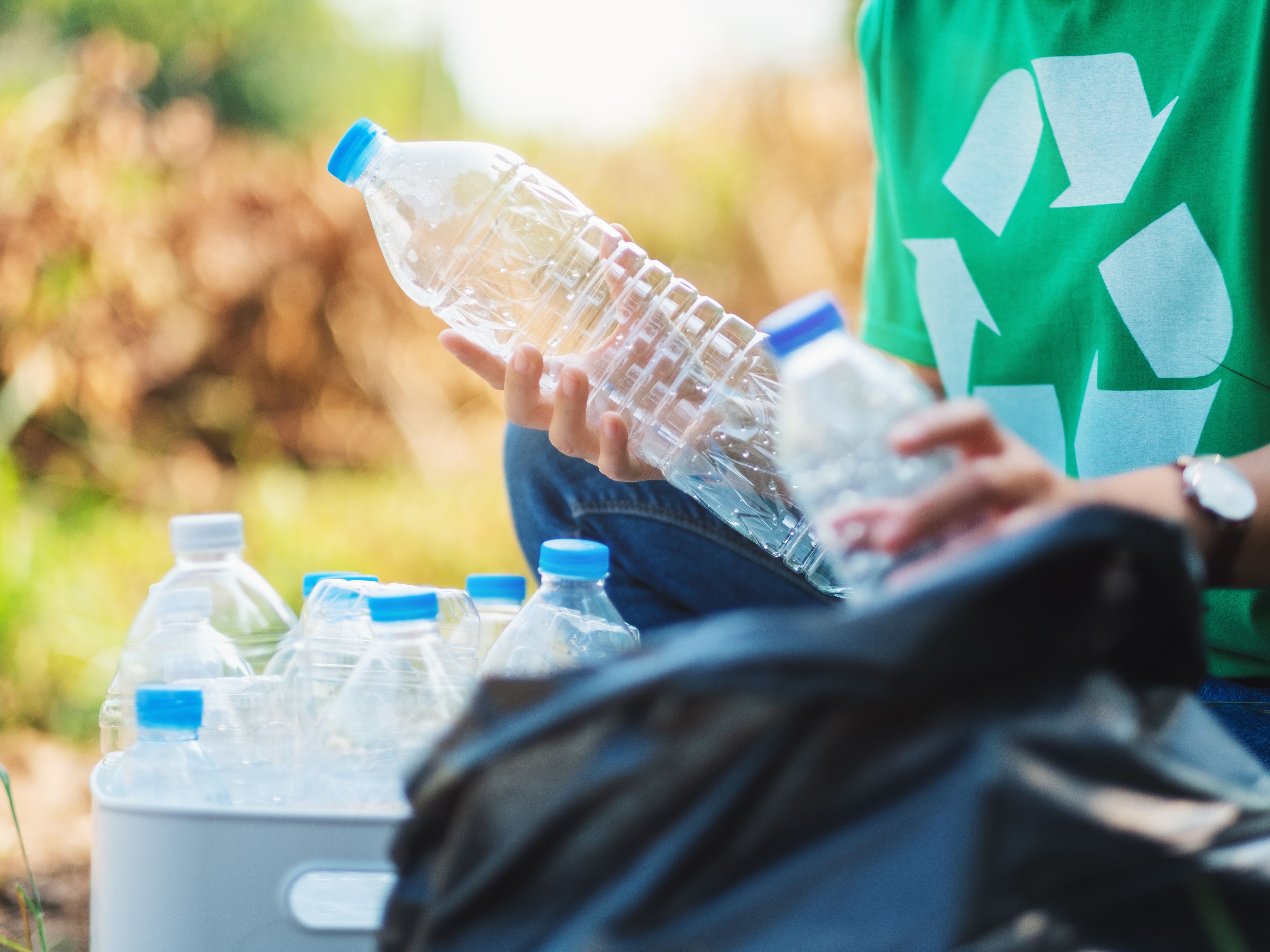
Circularity and Sustainable Packaging
Packaging is an indispensable part of our everyday lives, helping us to deliver quality products to our customers. It keeps food fresh, makes it easier to handle, and prevents food waste. It is important to consider the way in which we buy, use, and dispose of packaging. The ALDI SOUTH Group is working towards more sustainable packaging in the areas of material reduction, recyclability, and recycled content.
This target has been already achieved:
We have already reduced 17% of packaging weight by 2023, and 38% by 2024 which is 23% more than our goal for 2025.
* To ensure accuracy, only products with complete packaging data are included in the calculation for our recyclability and recycled plastic KPIs.
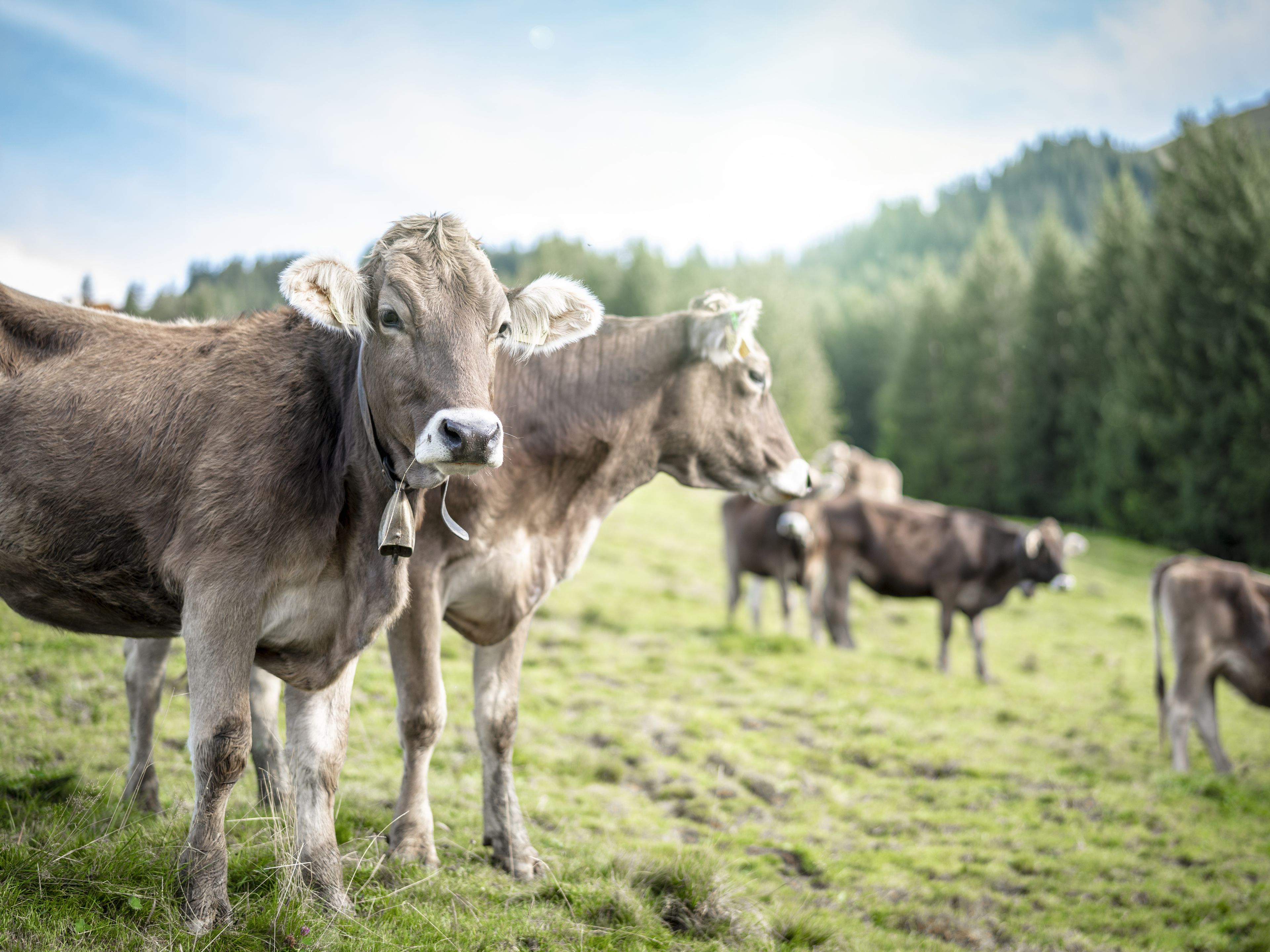
Animal Welfare
Meat, dairy and eggs are some of the core products sold by the ALDI SOUTH Group, which is why we are committed to delivering better animal welfare standards across our markets.
Reporting Scope
- All reporting is based on our own-brand products only. Branded products are excluded.
- The ALDI SOUTH Group’s Sustainability performance is reported excluding some national operations due to a transition of IT systems.
Information on the performance of the ALDI SOUTH Group in the areas of Healthy Nutrition and community engagement can be found on the ALDI SOUTH Group national websites.
Find out more about our objectives and sustainability progress within the last years.

